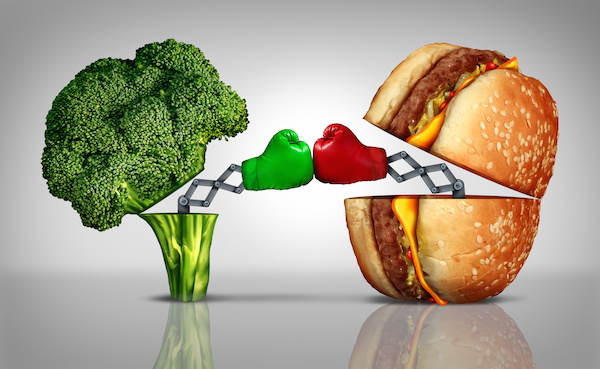
THURSDAY, May 26 (HealthDay News) — Caffeine, a known stimulant, has been shown to cause rapid heart rate, nausea, anxiety and depression. Now, new research reveals that caffeine consumption may make it harder for a woman to get pregnant.
By analyzing fallopian tubes in mice, researchers found that caffeine interferes with muscle contractions that help eggs travel from the ovaries through the fallopian tubes and into the womb — a process critical for a successful pregnancy.
“Our experiments were conducted in mice, but this finding goes a long way towards explaining why drinking caffeinated drinks can reduce a woman’s chance of becoming pregnant,” Sean Ward, professor at the University of Nevada School of Medicine, said in a journal news release.
“This provides an intriguing explanation as to why women with high caffeine consumption often take longer to conceive than women who do not consume caffeine,” Ward added.
Caffeine is found in coffee, tea, colas, chocolate and certain medications.
Researchers noted that the study’s findings, published May 26 in the British Journal of Pharmacology, could further the understanding and treatment of infertility as well as some complications of pregnancy.
Previously, it was thought that eggs moved through the fallopian tubes assisted by hair-like projections called cilia, but this study suggests that specialized pacemaker cells coordinate the contractions that push the eggs along.
“As well as potentially helping women who are finding it difficult to get pregnant, a better understanding of the way fallopian tubes work will help doctors treat pelvic inflammation and sexually transmitted disease more successfully,” said Ward. “It could also increase our understanding of what causes ectopic pregnancy, an extremely painful and potentially life-threatening situation in which embryos get stuck and start developing inside a woman’s fallopian tube.”
More information
The American Congress of Obstetricians and Gynecologists provides details on infertility.

